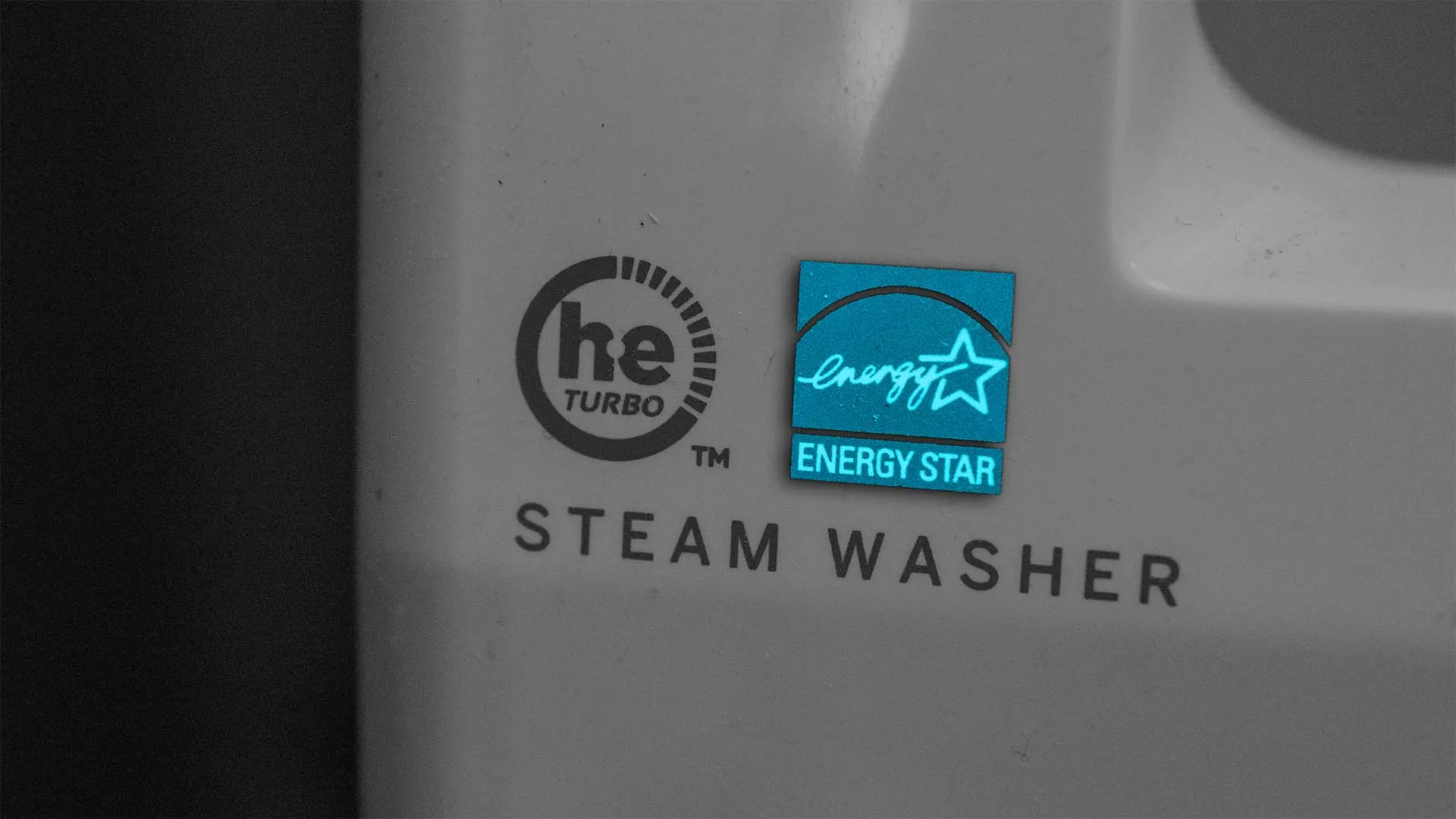Scientists just solved a 70-year old problem with fusion energy
For decades, nuclear fusion has held the promise of clean, limitless energy. However, one persistent challenge has slowed progress: the inability to reliably contain the … The post Scientists just solved a 70-year old problem with fusion energy appeared first on BGR.


For decades, nuclear fusion has held the promise of clean, limitless energy. However, one persistent challenge has slowed progress: the inability to reliably contain the high-energy particles needed to sustain the reaction. Now, scientists may have finally cracked this 70-year-old fusion containment problem, marking a major turning point in the pursuit of practical fusion.
A team from the University of Texas at Austin, Los Alamos National Laboratory, and Type One Energy has developed a faster, more accurate method for addressing one of fusion’s most frustrating hurdles: fusion energy containment. Their breakthrough could accelerate the design of stellarator fusion reactors, a leading contender for stable fusion power, by a factor of ten.
At the heart of the issue is plasma—superheated, electrically charged gas that must be confined using powerful magnetic fields. But these fields often contain tiny, invisible "holes" that allow energetic particles to escape. These particles, especially alpha particles, are essential for keeping the plasma hot enough for continuous fusion. When they leak out, the reaction fizzles.
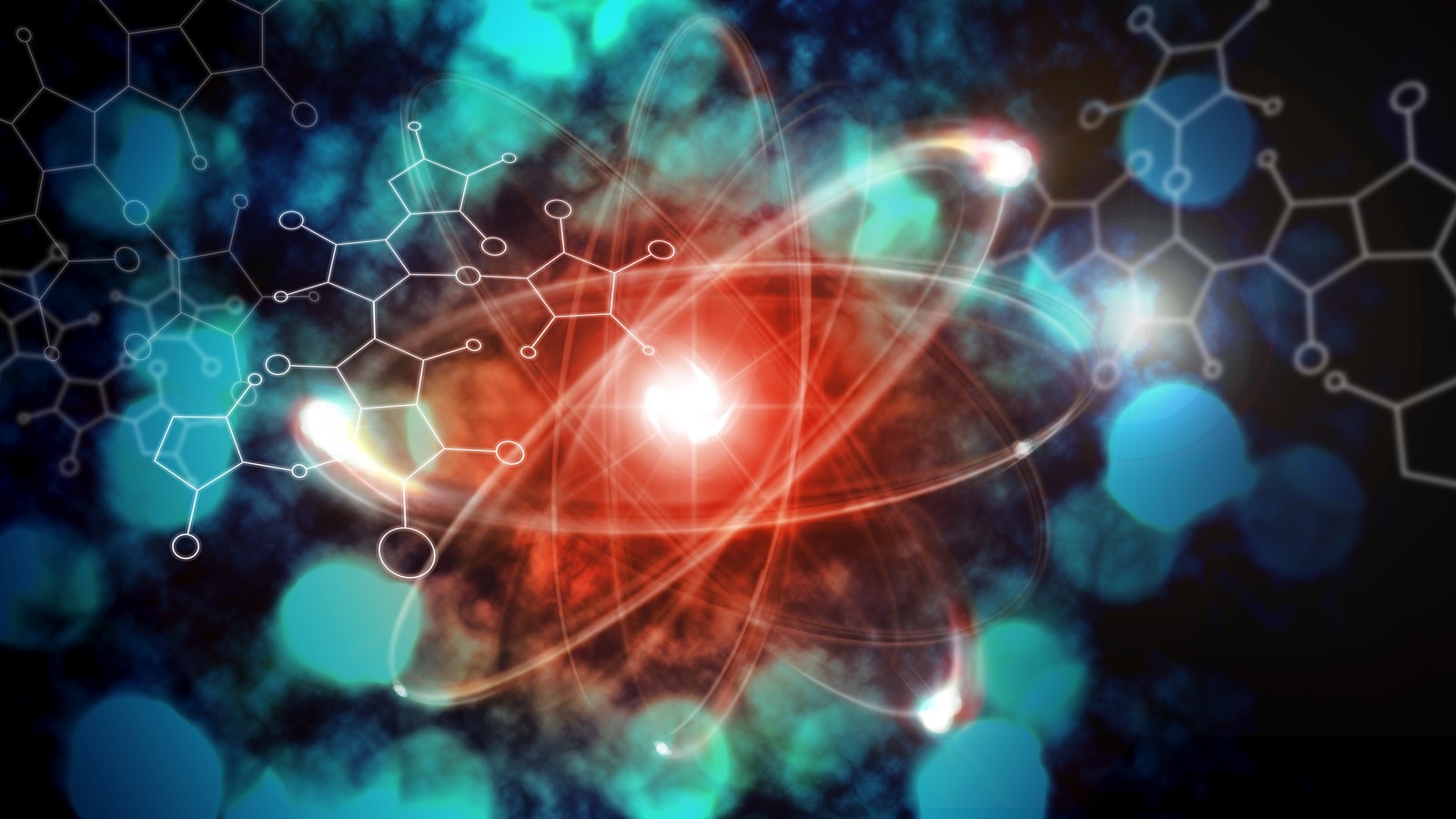
This fusion energy containment failure has long been a bottleneck for engineers. Fixing magnetic flaws traditionally requires complex simulations using Newton’s laws, which, while accurate, are painfully slow. As a result, reactor designs can take years to iterate and test. Even recent tests of one of the most advanced fusion reactors have been slow going.
To speed things up, scientists have sometimes relied on “perturbation theory,” a faster but far less accurate approach that often misses critical flaws. The new method uses symmetry theory—a branch of mathematics focused on patterns and transformations—to find and eliminate magnetic holes with far less computational effort. It delivers precise results at a fraction of the time and cost.
While developed for stellarators, the method also benefits tokamaks, another major type of fusion reactor. In these systems, better magnetic mapping could help prevent dangerous runaway electrons that threaten reactor walls. Beyond theory, this advance offers a practical tool for the growing number of companies racing to commercialize fusion.
One such company, Type One Energy, is already using the technique in next-generation reactor development. Ultimately, this leap in fusion energy containment not only solves a longstanding technical problem—it could be the key to finally unlocking the future of fusion power.
The post Scientists just solved a 70-year old problem with fusion energy appeared first on BGR.
Today's Top Deals
- Today’s deals: 20% off gift cards on Amazon, $849 M4 MacBook Air, $500 off Omni S1 Pro, more
- Today’s deals: $4 iPhone chargers, 51% off Beats Studio Pro ANC headphones, $80 Roku Ultra, more
- Today’s deals: $169 AirPods Pro 2, $490 75-inch smart TV, $12 Crest 3D whitening toothpaste, more
- Amazon gift card deals, offers & coupons 2025: Get $400+ free
Scientists just solved a 70-year old problem with fusion energy originally appeared on BGR.com on Wed, 7 May 2025 at 21:05:00 EDT. Please see our terms for use of feeds.








































































































































































![[The AI Show Episode 146]: Rise of “AI-First” Companies, AI Job Disruption, GPT-4o Update Gets Rolled Back, How Big Consulting Firms Use AI, and Meta AI App](https://www.marketingaiinstitute.com/hubfs/ep%20146%20cover.png)














































































































































































































































































































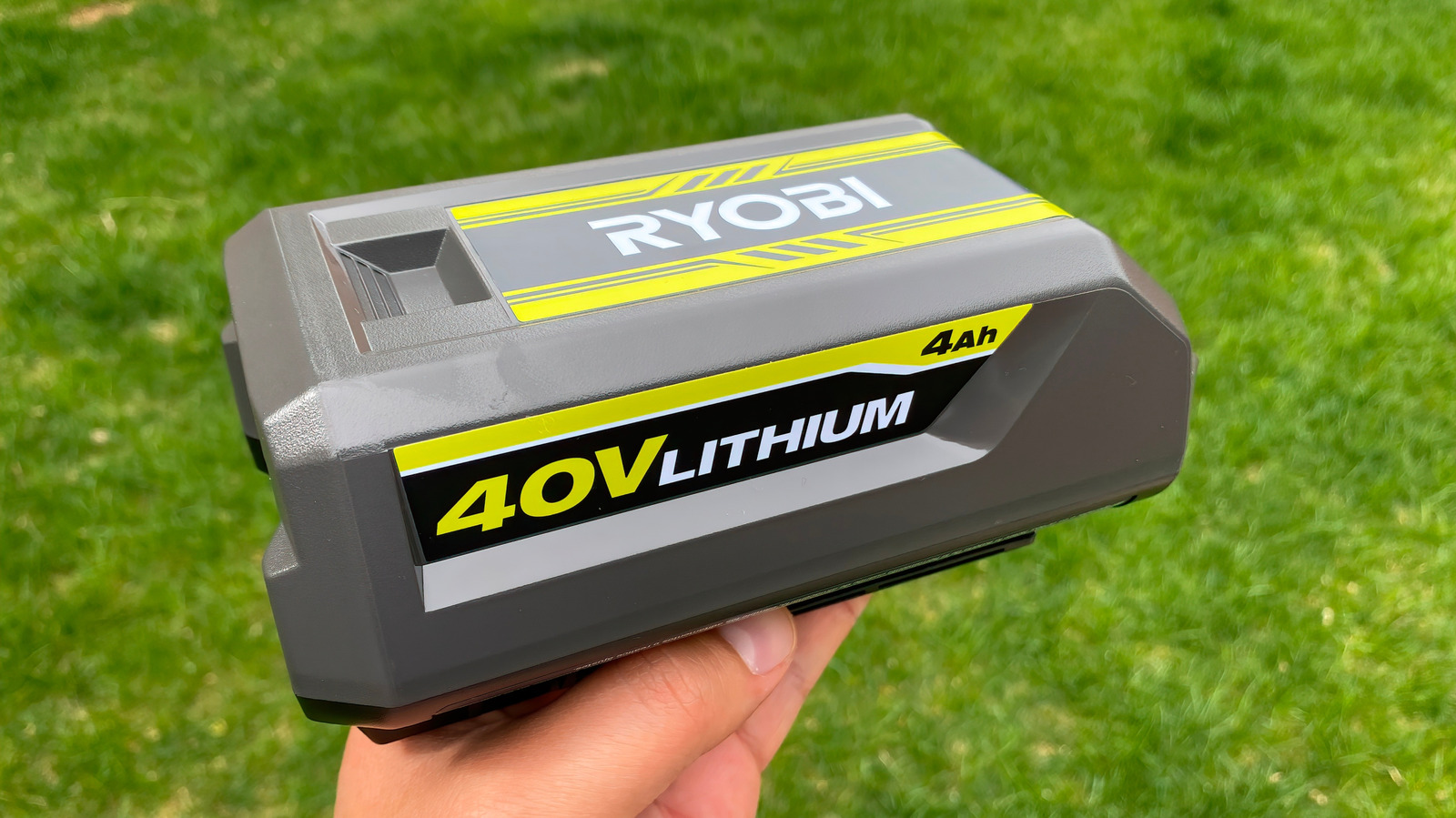


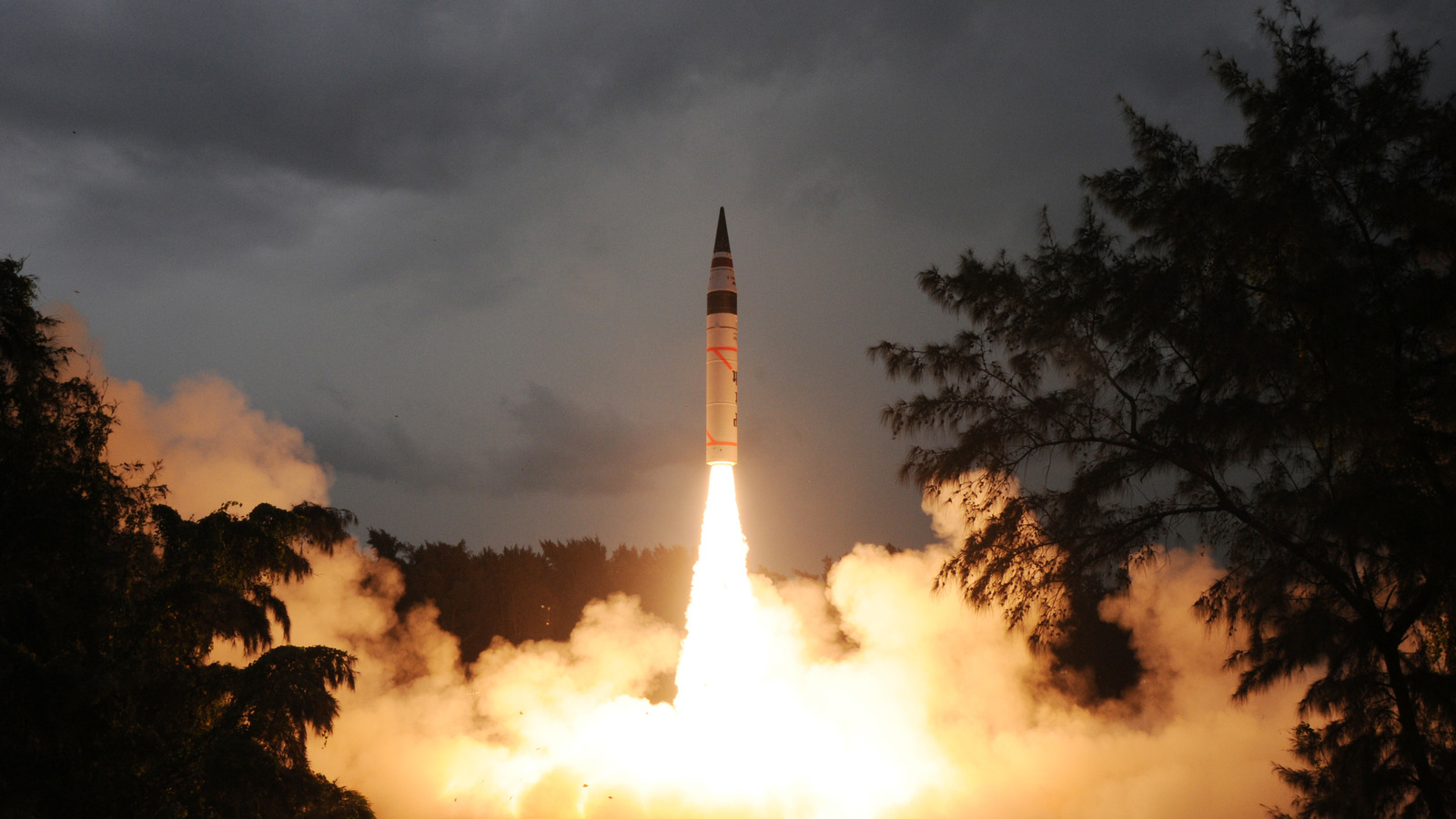












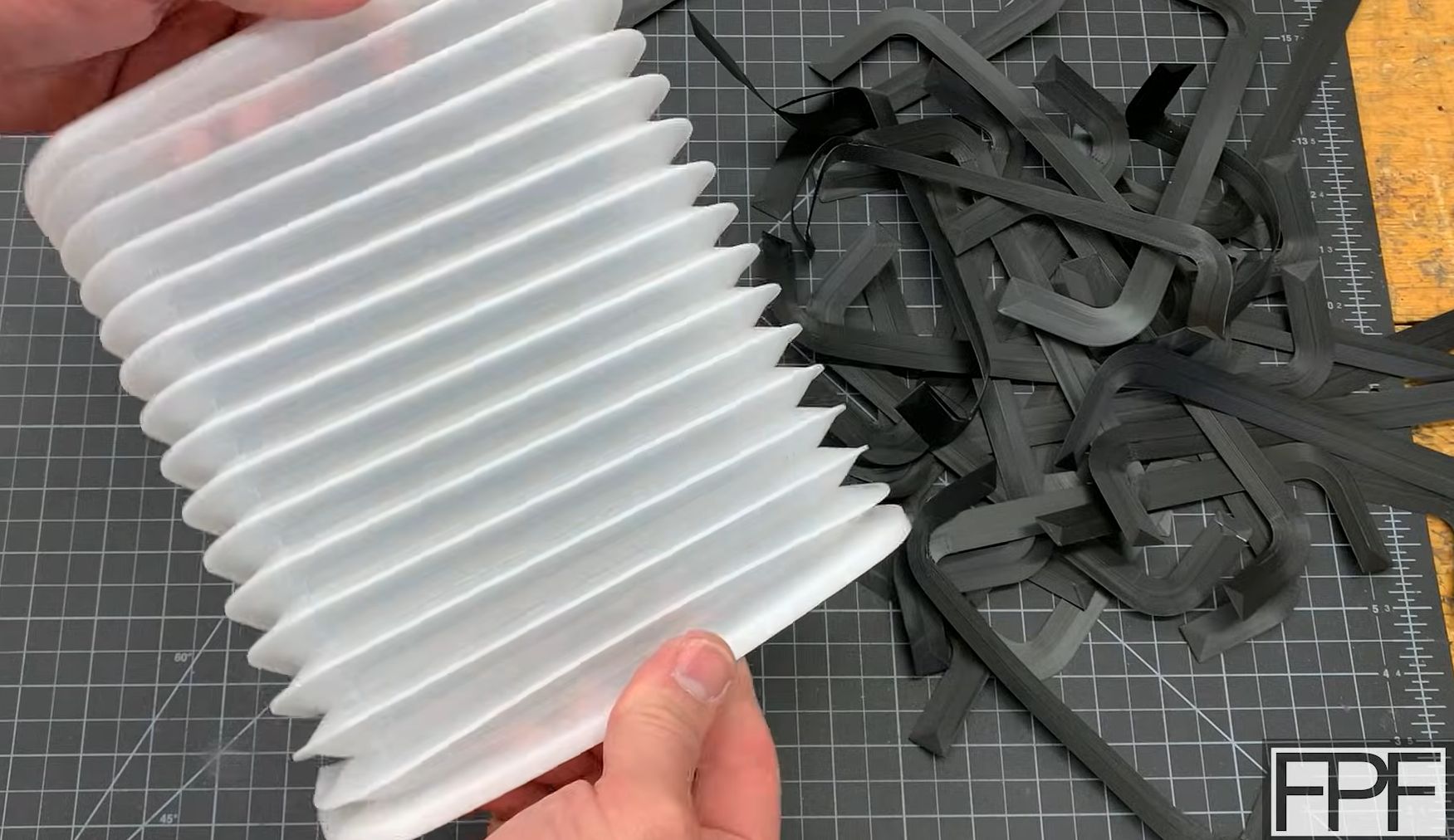


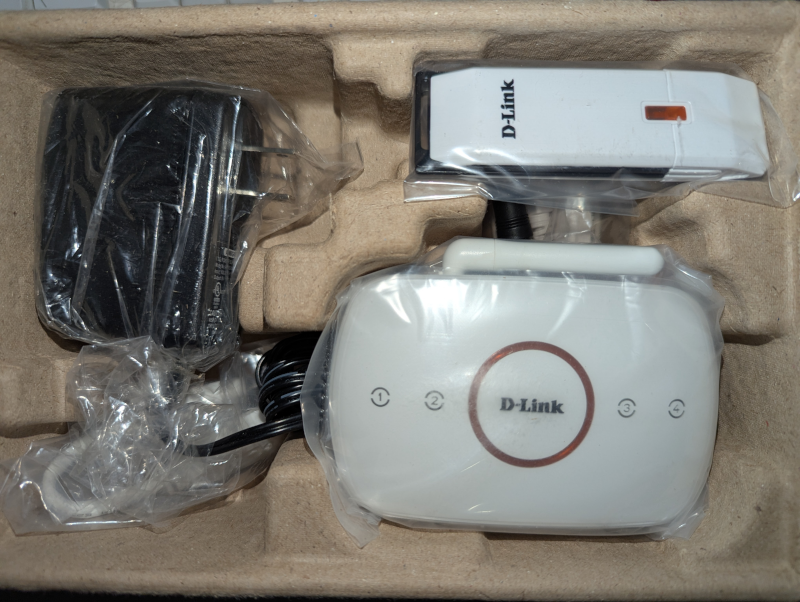
























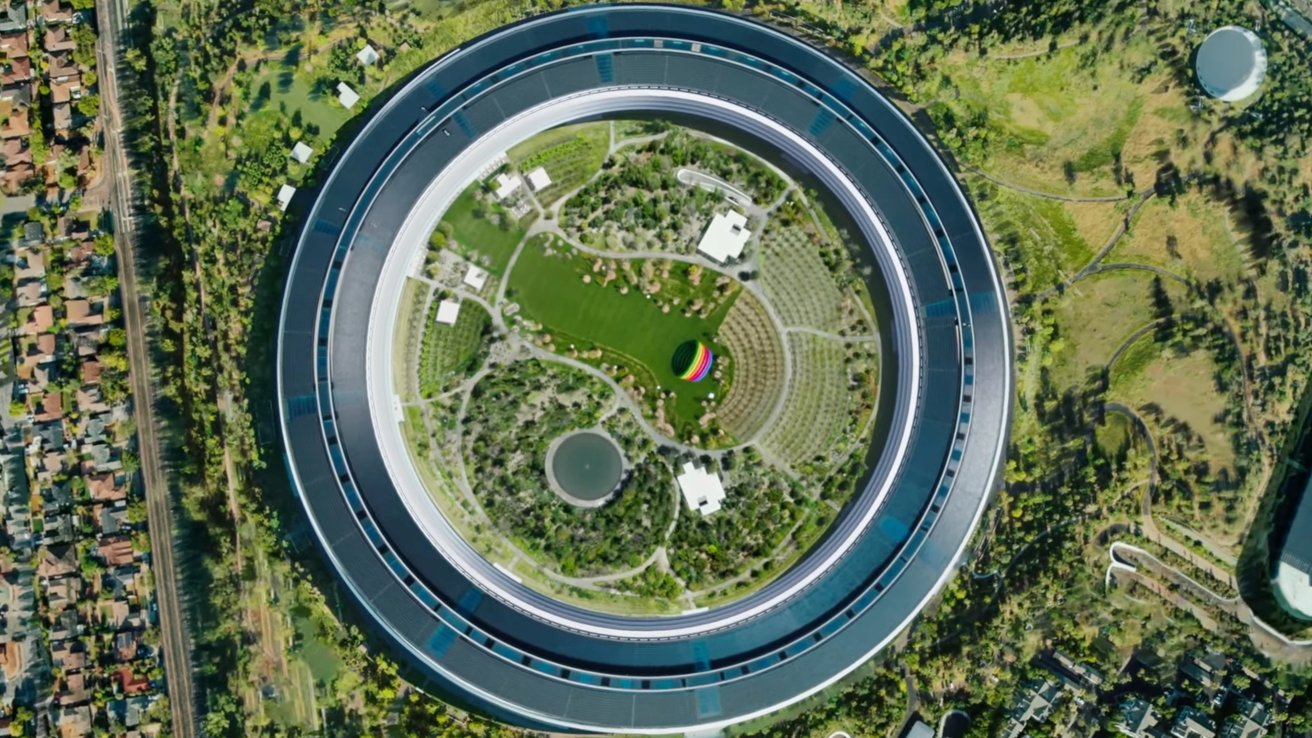
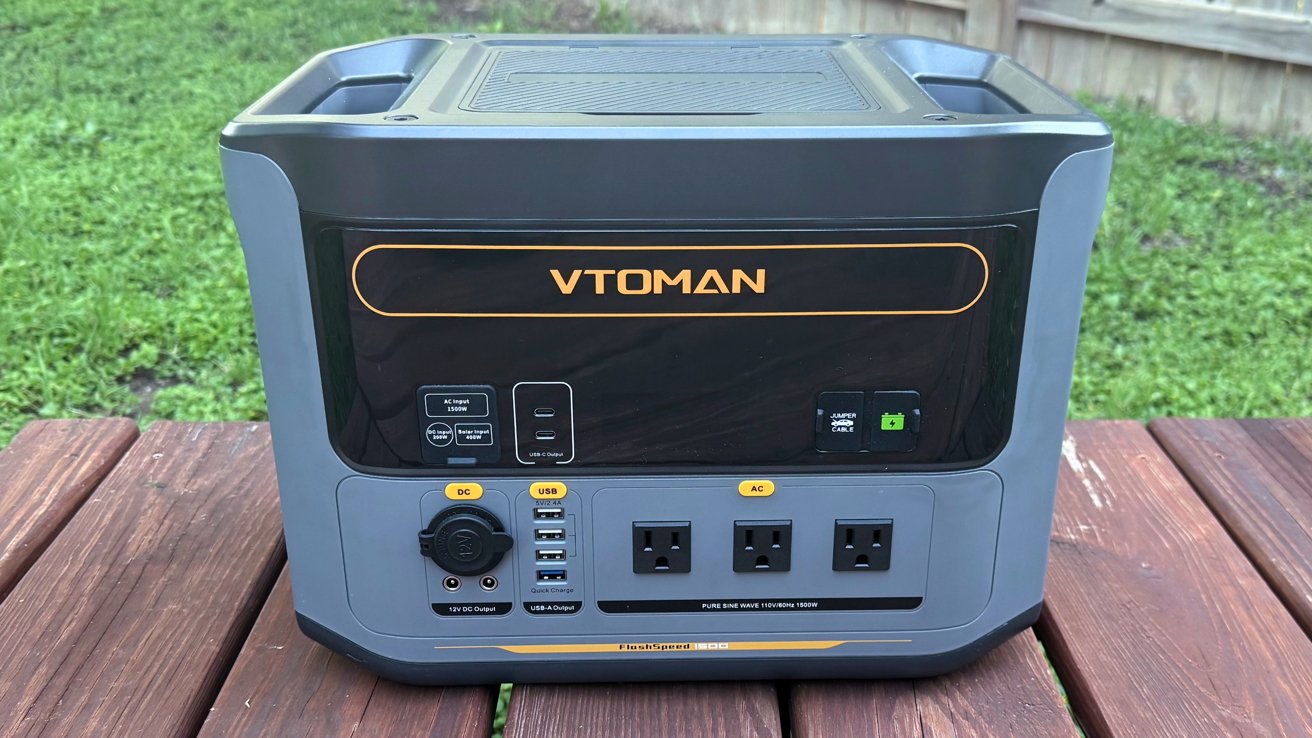












![Honor 400 series officially launching on May 22 as design is revealed [Video]](https://i0.wp.com/9to5google.com/wp-content/uploads/sites/4/2025/05/honor-400-series-announcement-1.png?resize=1200%2C628&quality=82&strip=all&ssl=1)










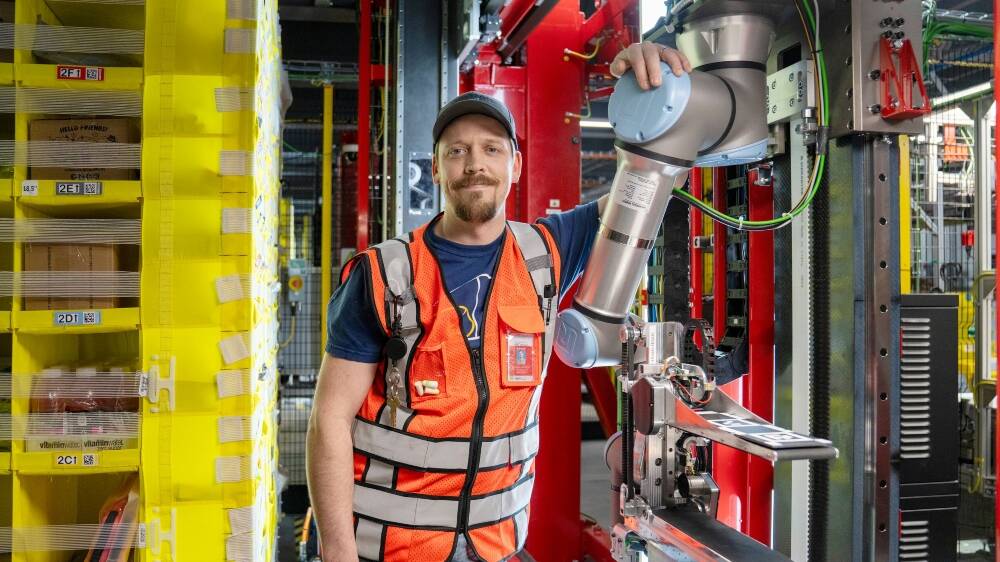
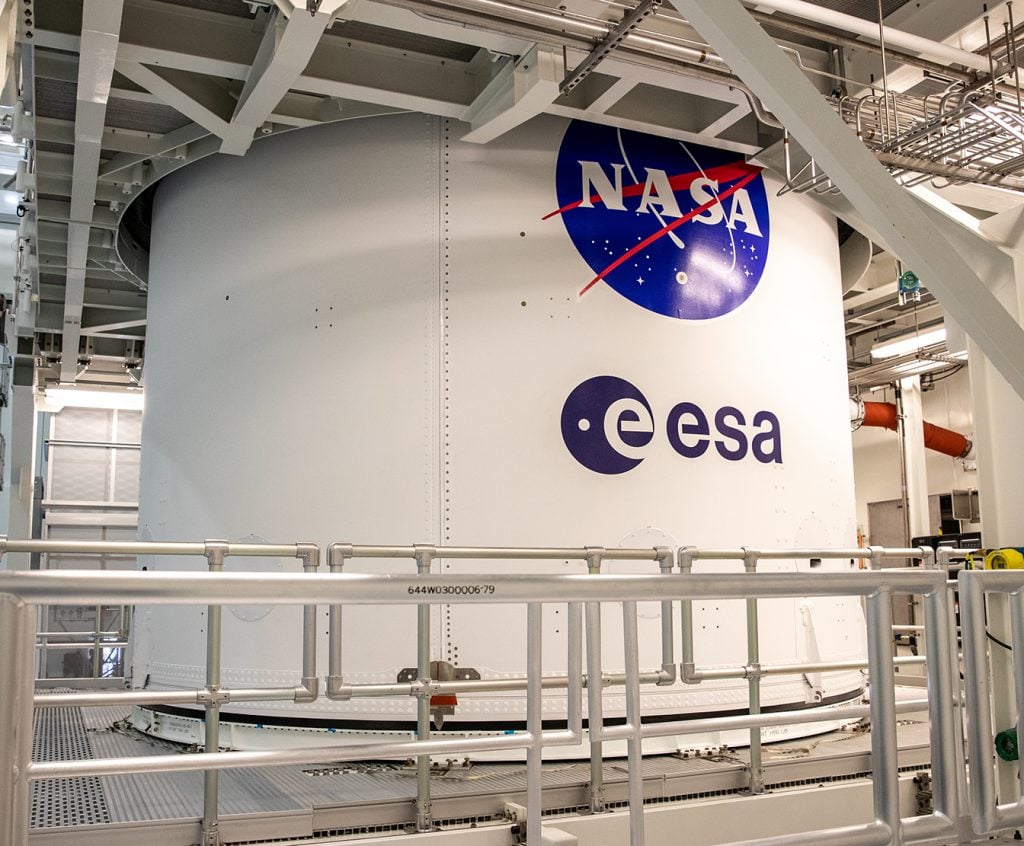


![Beats Studio Pro Wireless Headphones Now Just $169.95 - Save 51%! [Deal]](https://www.iclarified.com/images/news/97258/97258/97258-640.jpg)













































































